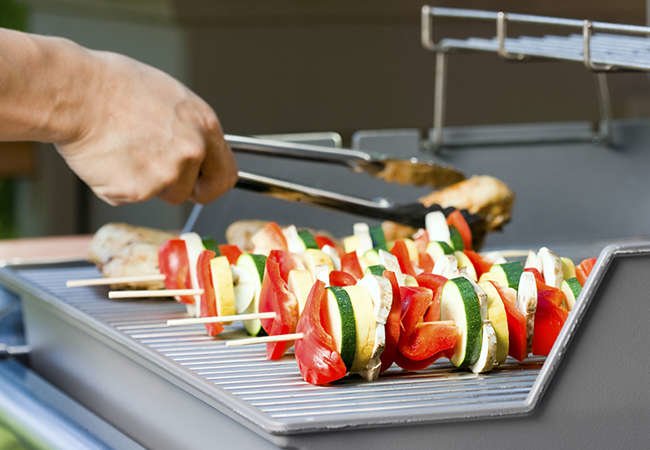We may earn revenue from the products available on this page and participate in affiliate programs. Learn More ›
Cook Up 'Cue, Not Germs

As grill masters begin marinating, trying out new recipes, and serving up delicious burgers, hot dogs, and corn on the cob, they might want to take stock of the grill’s condition first. They might be accidentally serving bacteria, soot, and mold along with those yummy ribs.
A properly cleaned grill keeps food and the grill master safer and can extend the life of this favorite outdoor cooking surface for summers to come. Here are 16 reasons why you really need to do a better job of one of the most important steps in grilling: cleaning the cooking area regularly and thoroughly.
It eliminates built-up carcinogens.
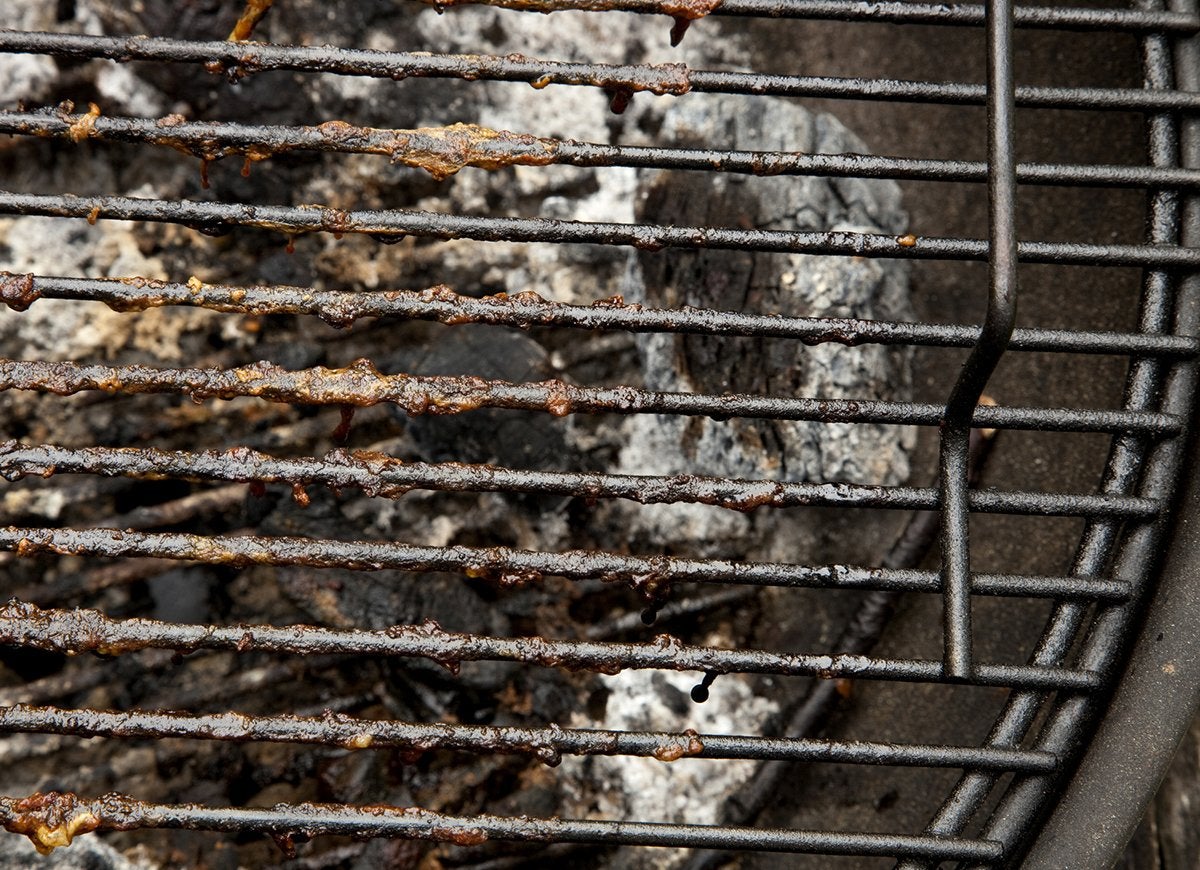
Even if you dutifully scrape your grill after each and every use, carcinogens can build up on the grates over time and be transferred to your food during the cooking process. Ingesting these substances, of course, could pose health risks. One of the most effective ways to rid your grilled meals of carcinogens is to clean your grill, so be sure to scrub thoroughly after each use.
Clean grills last longer.
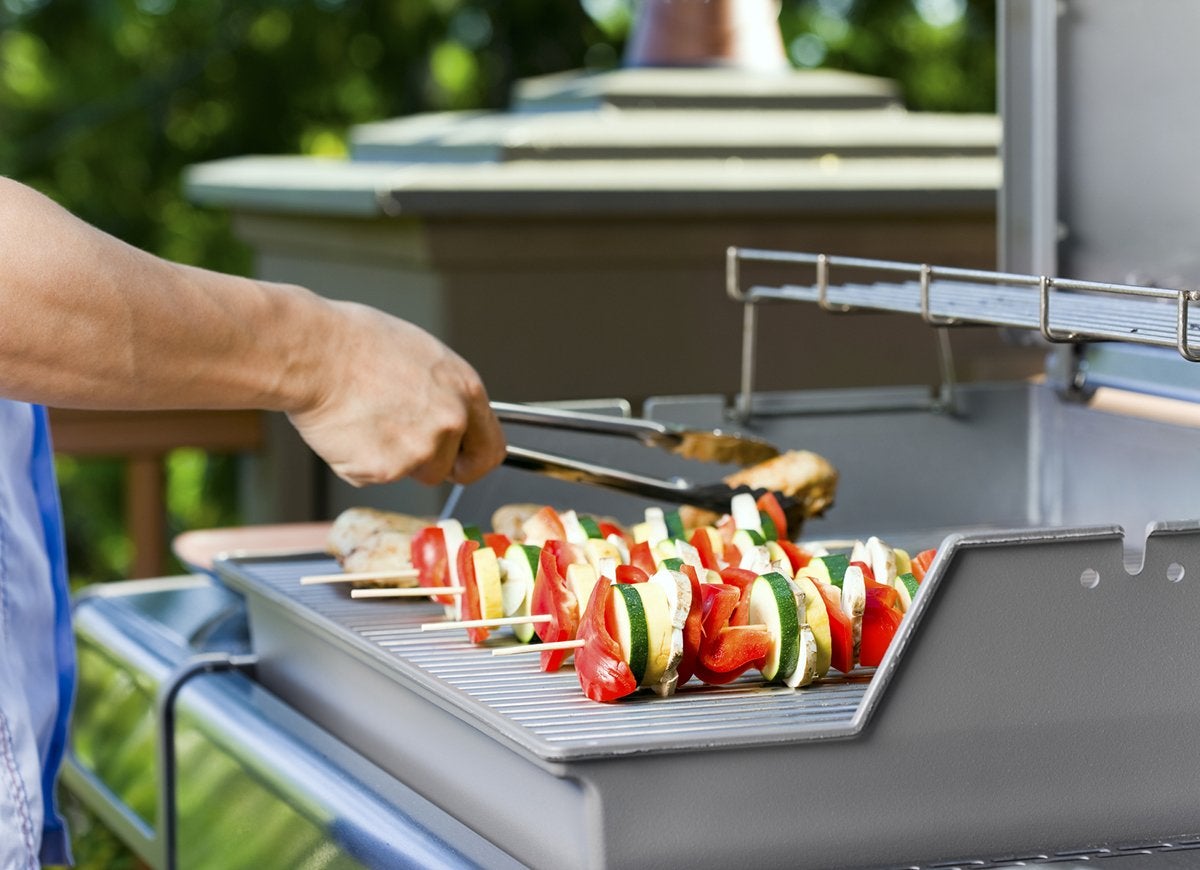
A grill can be a hefty investment, and if you fail to clean your grill regularly, you could be buying a replacement sooner than you think. Routinely cleaning your grill will keep it in tiptop shape, guaranteeing that it will last years longer than if you let food particles, rust, or sauces sit without scrubbing them away.
It’ll prevent bacteria from contaminating your food.
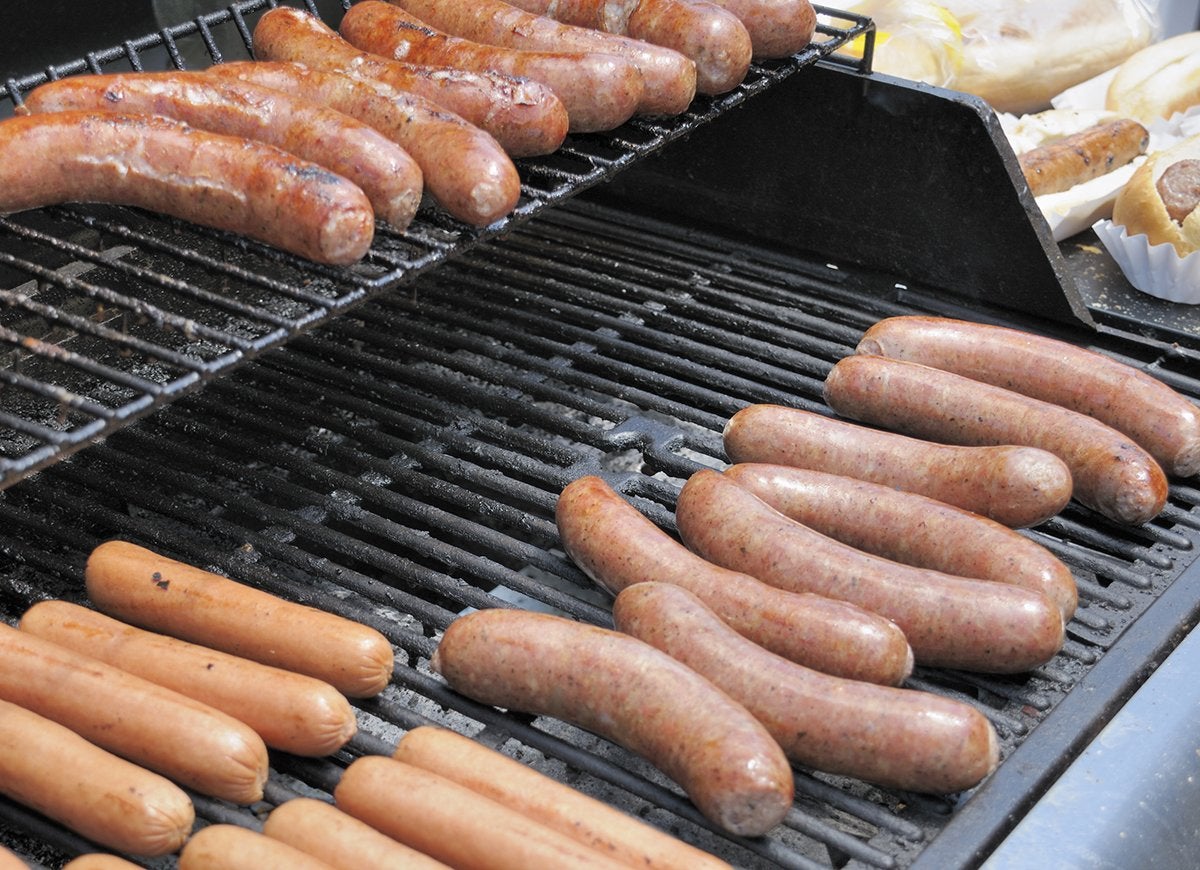
You wouldn’t cook food on a pan that you hadn’t washed, so why would you make a meal on a grill you haven’t cleaned? A dirty grill attracts germs and bacteria—all of which can get onto your food and potentially make you sick. In fact, the char left on grill grates leaves carbon deposits that bacteria and dirt happily hang onto. Although the flames help kill some bacteria, they won’t get rid of all of it; only cleaning can do that.
Your meat will taste better.
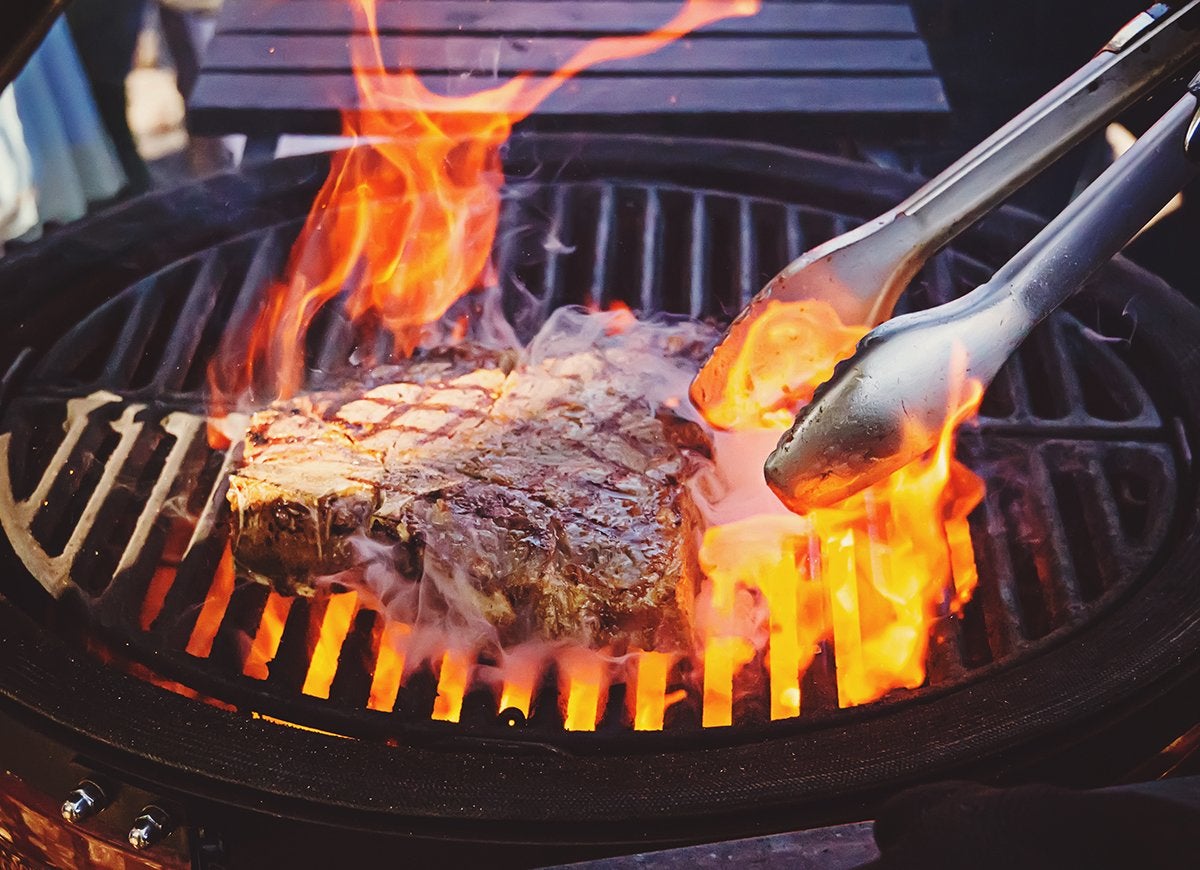
There’s nothing like the taste of a freshly grilled burger, except when it has the remnants of last weekend’s teriyaki pork chop marinade on it. Cleaning your grill will make your food taste better and eliminate any chance that your meals will come with funky tastes or smells.
Not cleaning it could attract pests.

A dark, private space filled with greasy leftovers and plenty of room to sleep is the perfect environment for many critters, including mice, rats, and even possums. Keep your grill sparkling clean and pests will be less likely to catch the scents and gather at your grill for food and shelter.
Your grill will heat up faster and function better.
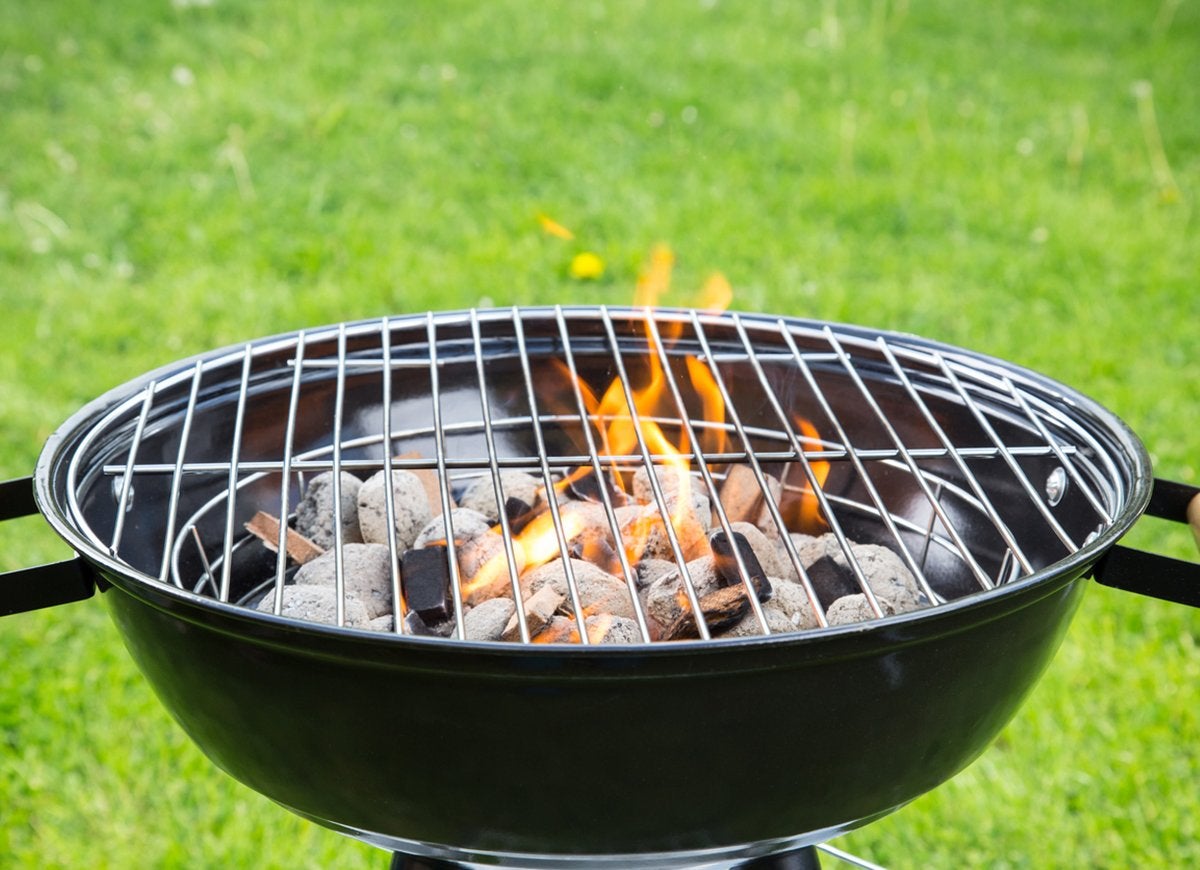
If your grill is caked in food particles, sauces, or stuck-on debris, then it’s going to make cooking a little slower when you’re grilling. A clean grill will heat up evenly and grill meats and veggies more efficiently than a dirty one.
RELATED: The Best Grills, Tested and Reviewed
Excess grease can cause flare-ups.
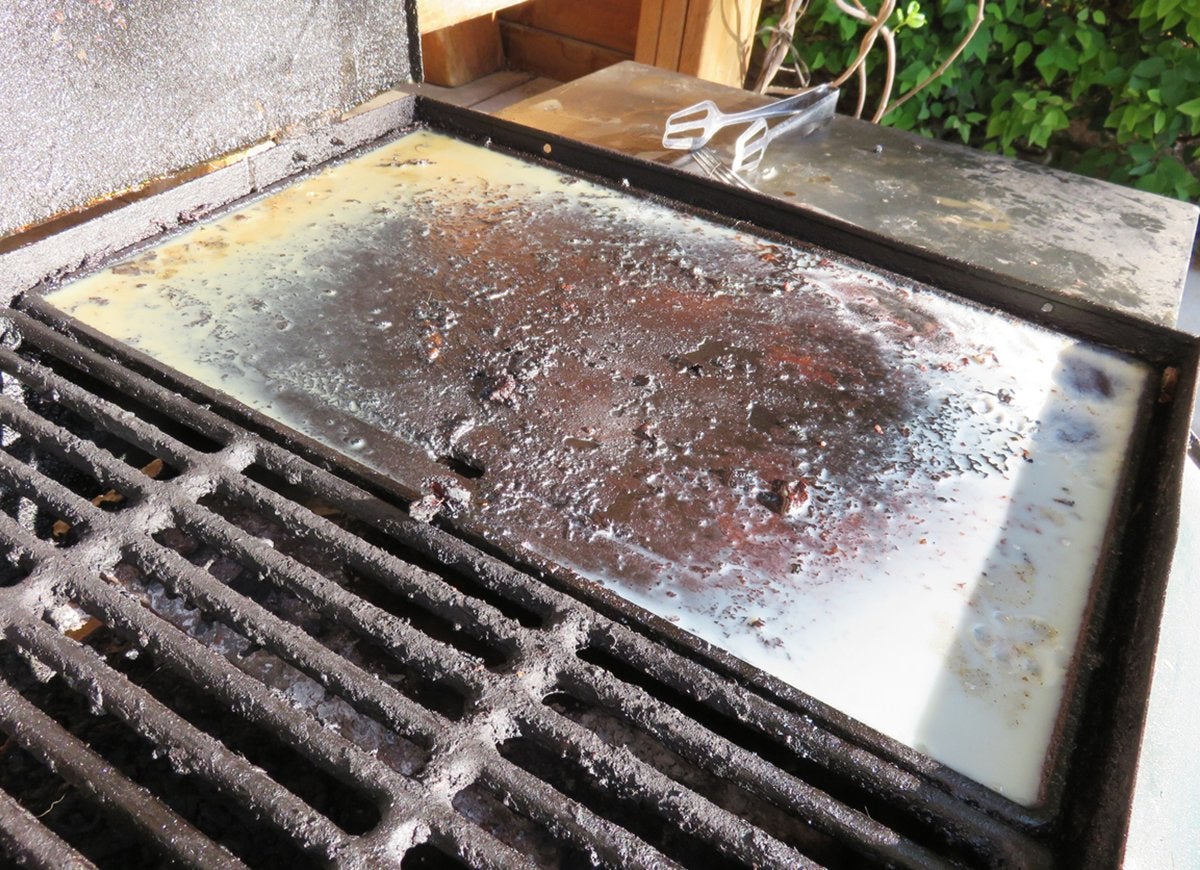
When you’re grilling, the most important safety tip is to watch for flare-ups, which could burn your food. Even worse, spontaneous flames could burn you or cause a serious fire. Failing to clean your grill could cause excess grease to accumulate, which could in turn contribute to a flare-up down the road.
It’ll prevent your grill from rusting.
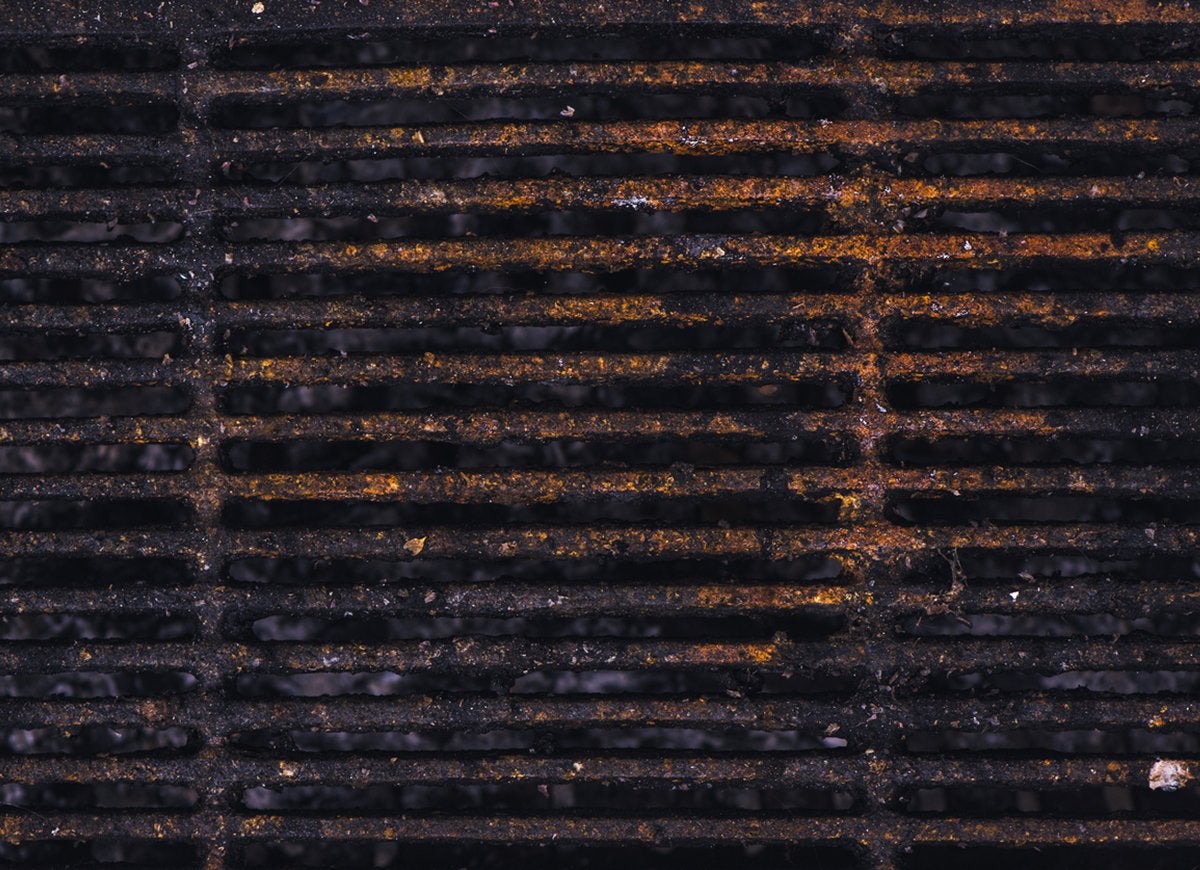
Rust on a grill doesn’t just look gross—it also can be unsafe for you and your family if it’s ingested in large amounts. Keeping your grill sparkling clean can prevent rust from forming on the grates, warming rack, or burners, thereby eliminating the risk of your food coming into contact with rust.
RELATED: The Top 8 Ways to Hack Your Grill
Doing so will prevent scale from getting on your food.
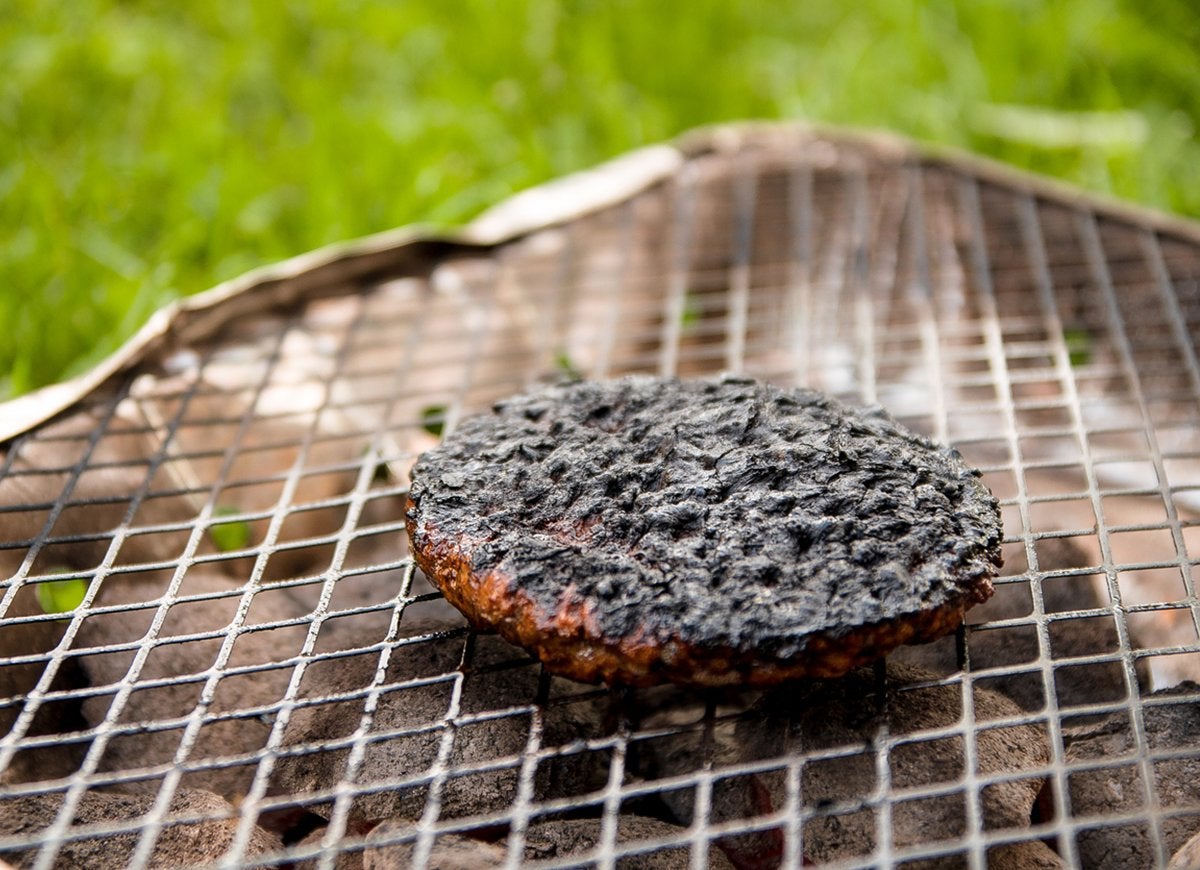
Cleaning out your grill also means paying attention to all parts of the grill, not just the interior. Scale, which is a buildup of carbon and soot on the grill’s hood and sides, can leak into the inside and get on your food—not exactly appetizing or healthful.
Routine cleaning can help you identify grill damage.
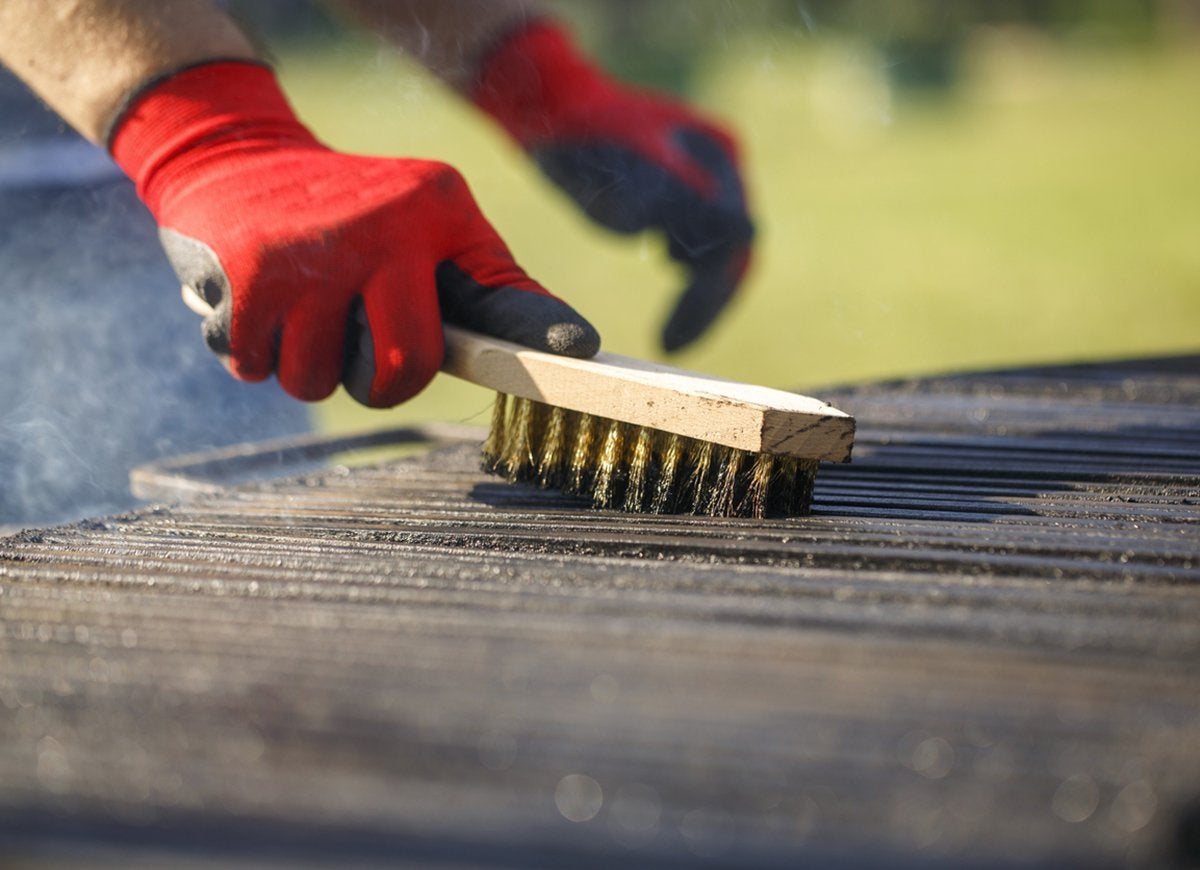
Cleaning your grill is not only a chance to eliminate bacteria and germs, it’s also a good opportunity to give the whole appliance a once-over and make sure that everything is in working order. Following a grill-cleaning routine will keep you more attuned to things like a cracked gas line or a flaking grill plate, which you might not have noticed if you weren’t cleaning it so regularly.
Cleaning prevents mold growth.
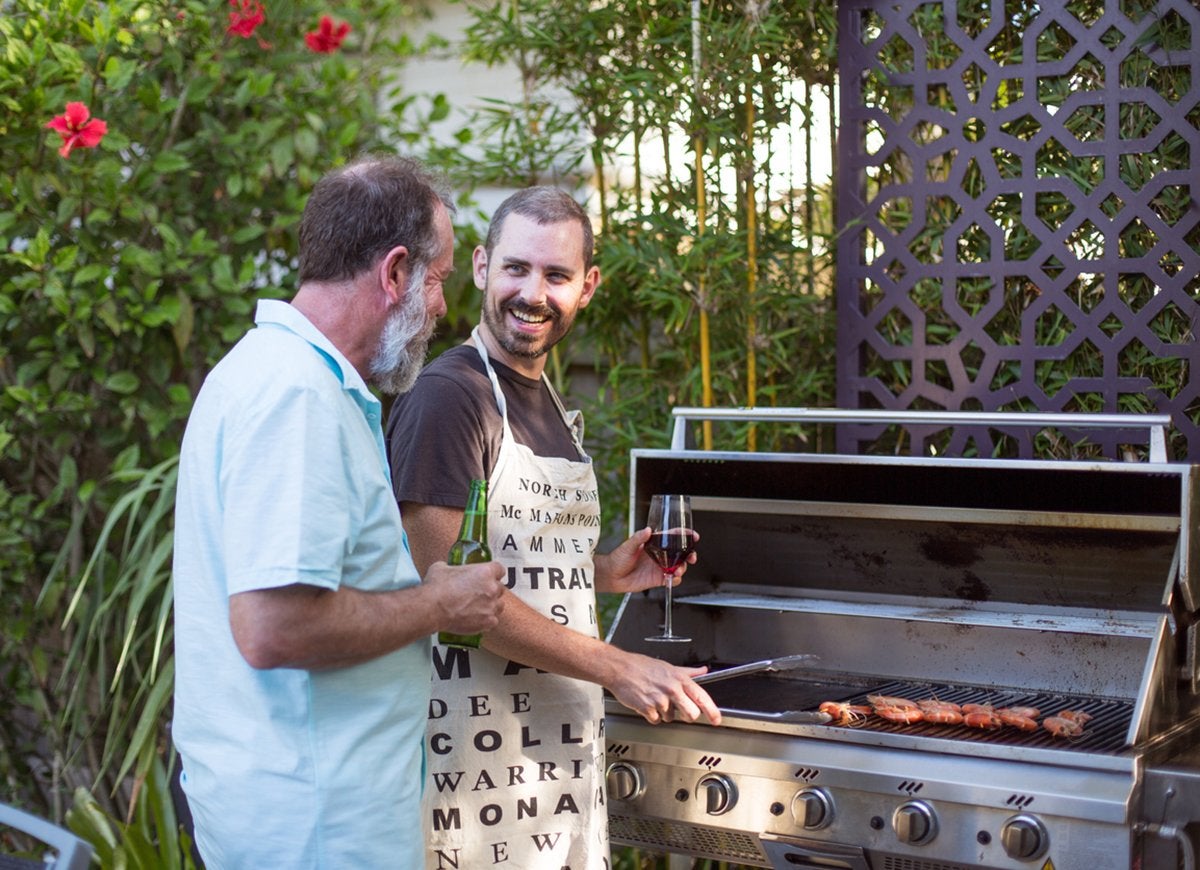
Mold thrives in moist environments and wherever there’s food, which makes an uncleaned grill an ideal growing environment. When you close a dirty grill to keep out dust and the elements, you create a nice stagnant environment for mold growth.
Although food that’s contaminated with mold probably won’t seriously hurt you, it could make you sick or give you an allergy attack. (And…just ew.) Why go through all the trouble of prepping, marinating, and forming burger patties only to nosh on burgers that taste old and musty?
It reduces your chances of cross-contamination.
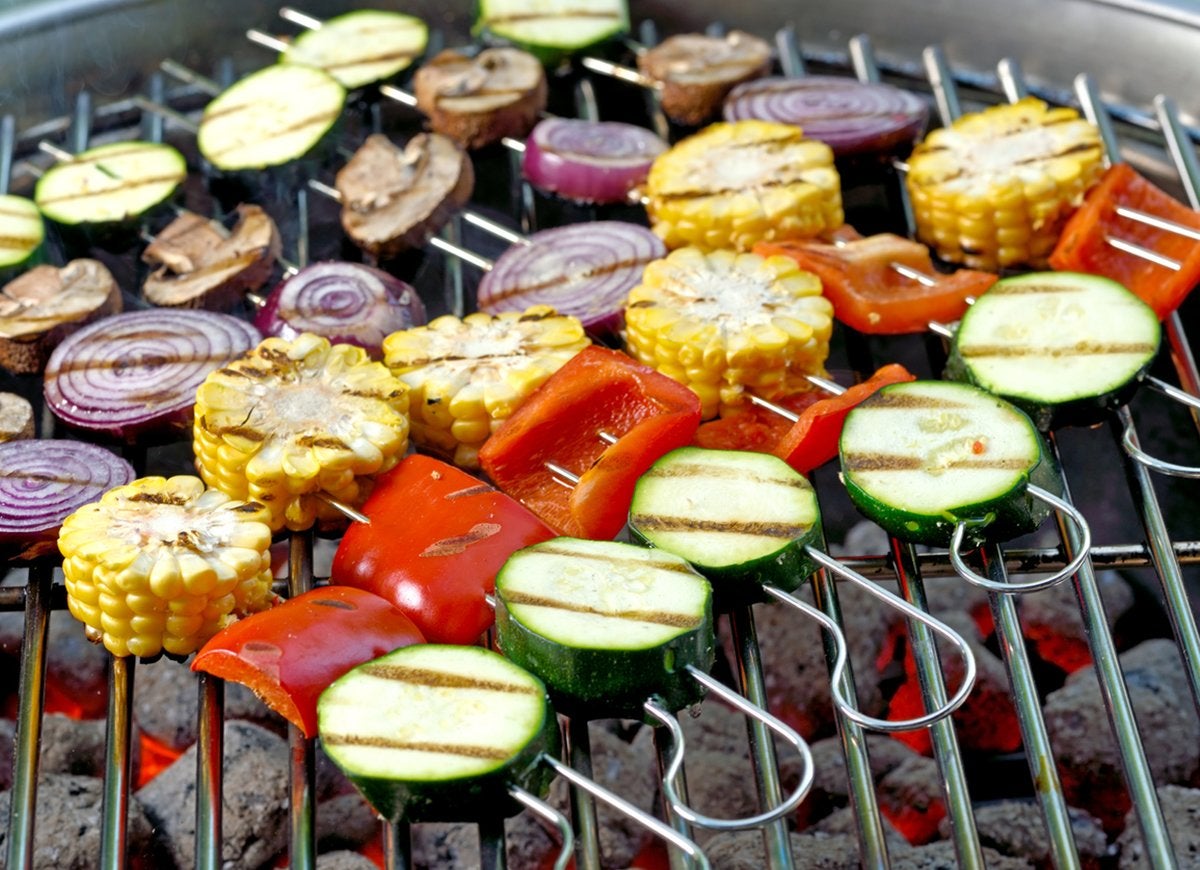
Cross-contamination is one of the leading causes of food poisoning, and it happens easily when you’re grilling. Juices from raw meats or bacteria from veggies that were not washed can linger on the grill grates and contaminate cooked food. The best way to reduce your chances of cross-contamination? Start out with a clean grill.
You won’t get perfect grill marks.
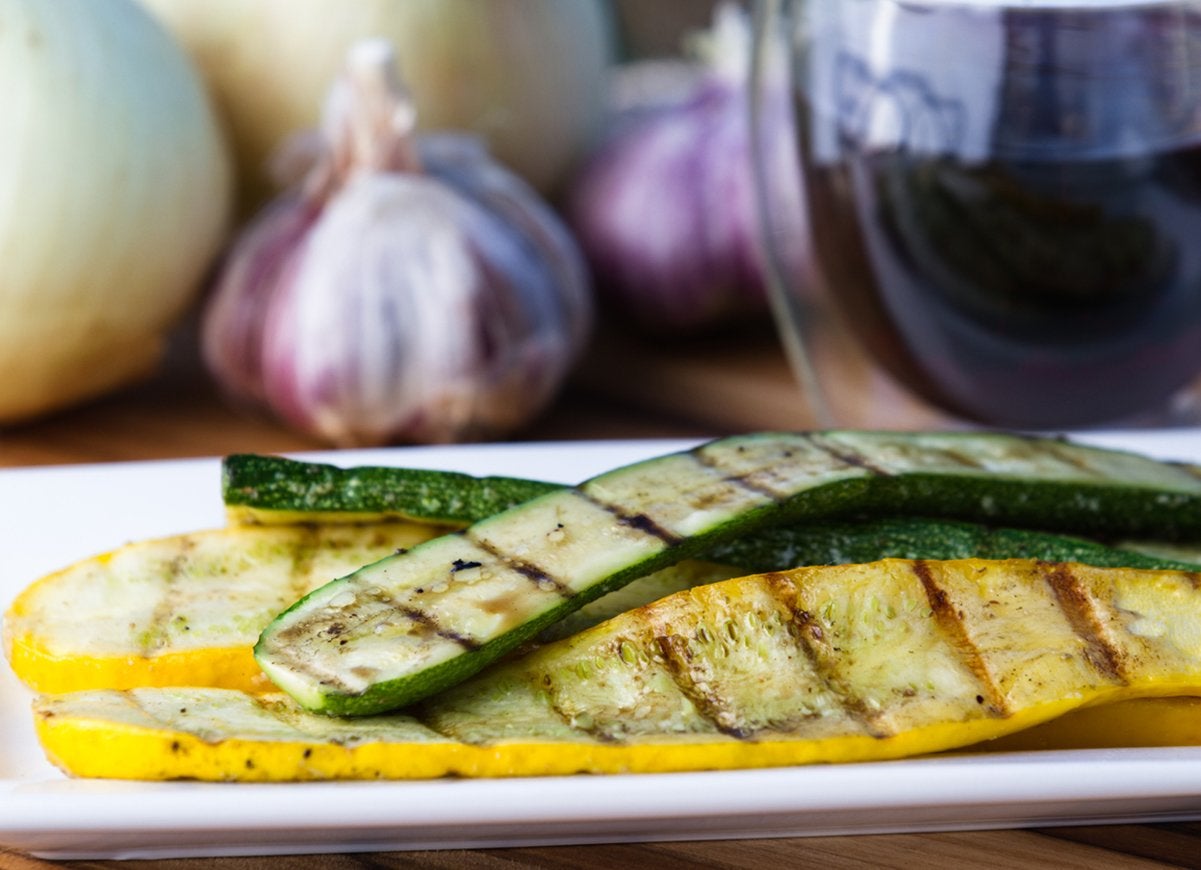
Those coveted grill marks—you know, the ones that make your food look like it’s straight out of a cooking magazine?—aren’t just aesthetically appealing. They also seal in juices and delectable flavor that makes grilling worth the trouble. Don’t count on getting those marks if your grill is dirty, though: Filthy grates prevent meat from coming in direct contact with the cooking surface, which means that a nice sear and perfect hash marks just aren’t going to happen.
It’ll save you time in the long run.
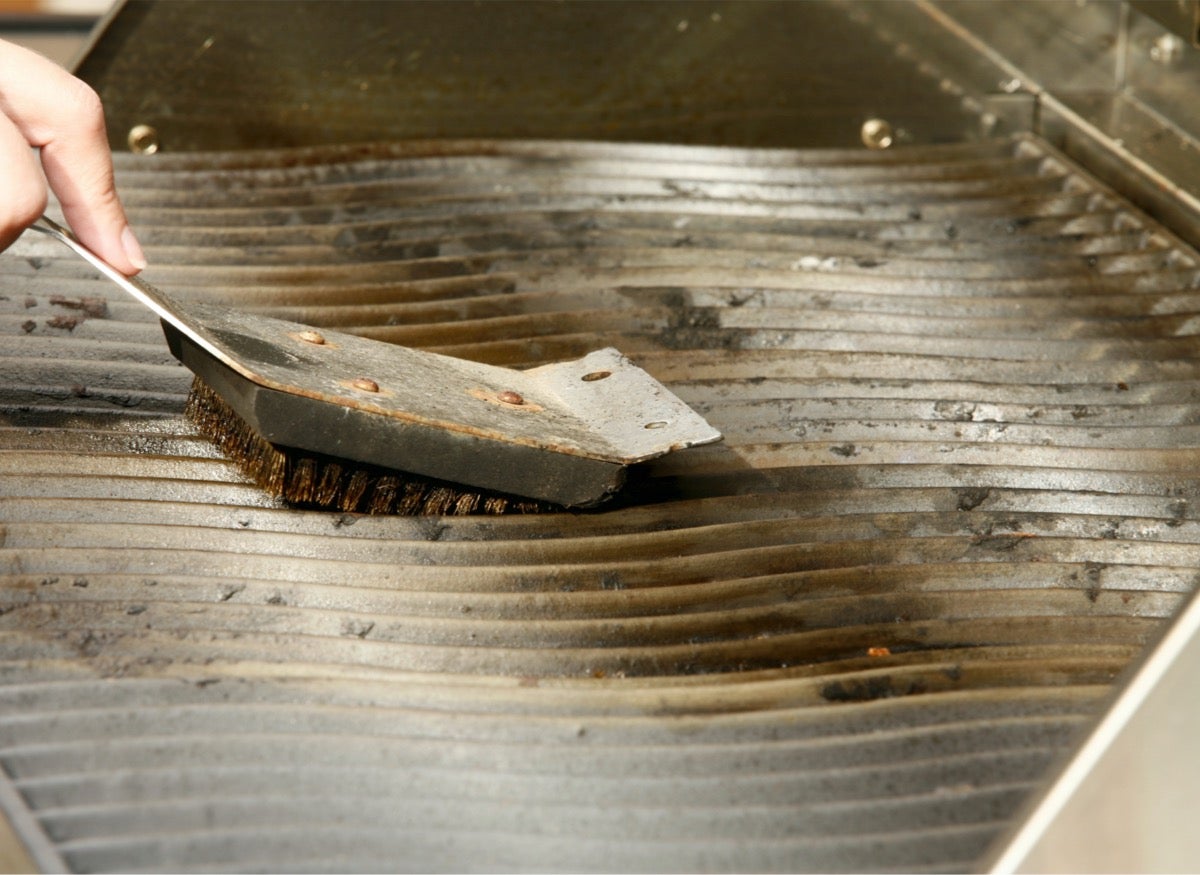
Take a few minutes after eating your summer barbecue to clean the grill while it is warm, but not hot. Scrubbing off food particles at this sorta-warm stage won’t be too difficult and requires only a metal grill brush. We promise that your grill upkeep will go much faster than it will next weekend, if you’re scraping off tonight’s dried-up food and carbon deposits. A quick grate-scrub as part of your après-barbecue cleanup routine will save you time in the long run, and extend the grill’s life.
You’ll save money on fuel.
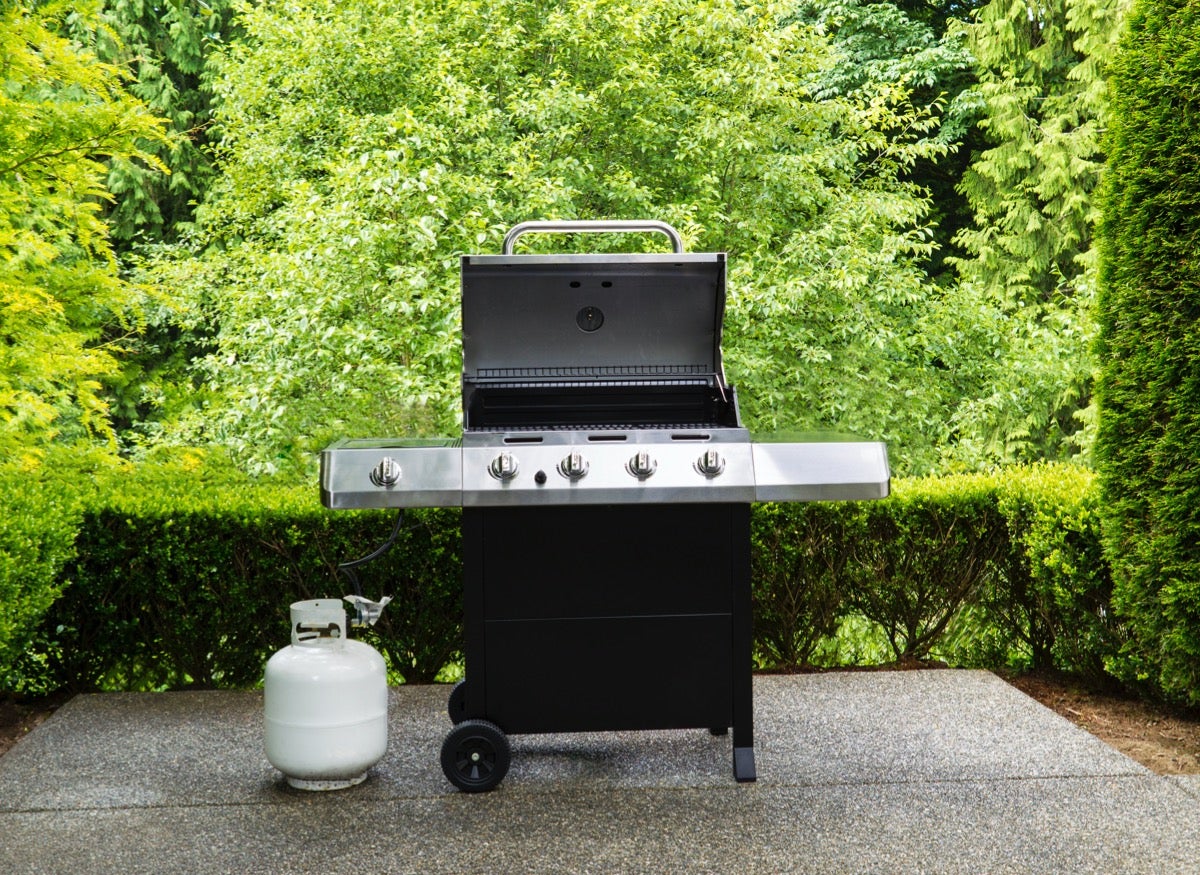
A dirty grill takes longer to heat up, which means you’re using more gas or propane to get your grill going over the long run. But more savings comes from reducing or eliminating replacements and repairs. If you neglect cleaning the grill grates, they might become so gross and bad at cooking that you need to buy new ones, especially before the in-laws visit for the summer. Like any appliance, a neglected grill becomes more expensive to repair than one that’s kept in tip-top shape
RELATED: The Best Gas Grills Under $1,000
Grease can build up and run over.
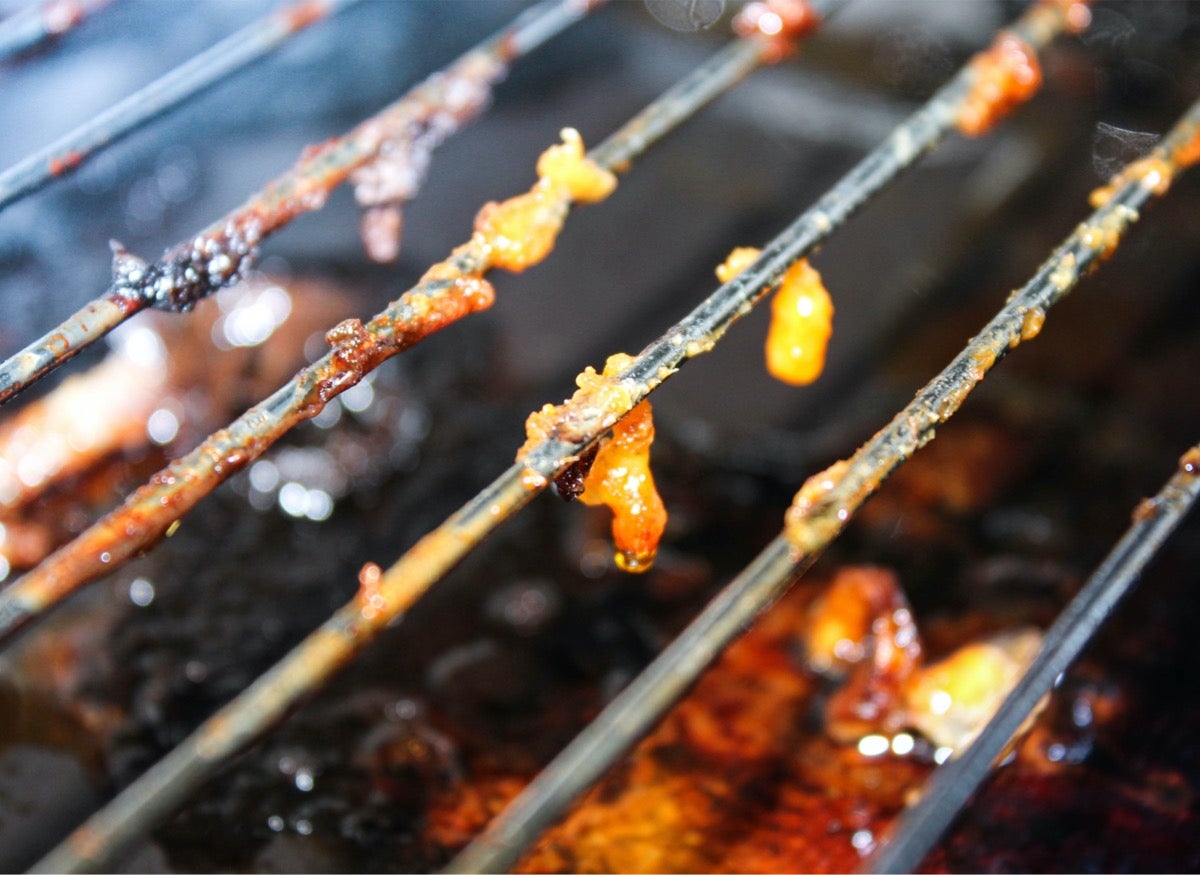
Let’s face it—grilled meats produce plenty of grease from fat. Not all of the grease will burn off the grates or burners. Plus, if your grill has a grease catch, it can fill up and overflow, staining your patio or outdoor kitchen surface. Pooled grease or fat on the ground is just another obvious attractant for mice and other critters. Even worse, if grease runs over and around the grill, it creates a higher risk for fire.

Our Best Advice for Beginner Gardeners
We’ll help you set up your first garden—whether that’s a few pots on your patio, a raised bed, or an in-ground plot out back—and select the right plants for your soil and region.

